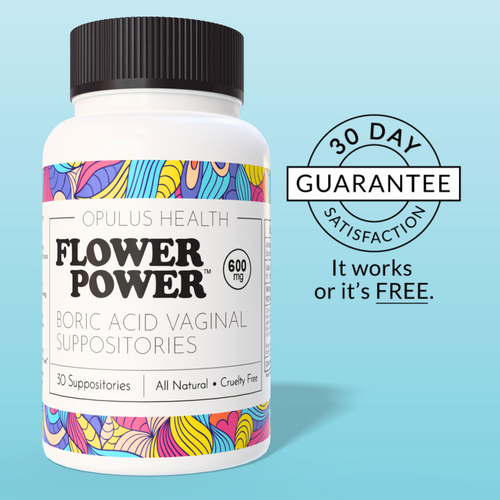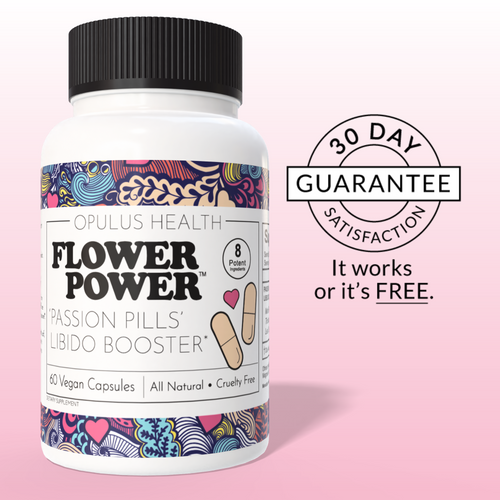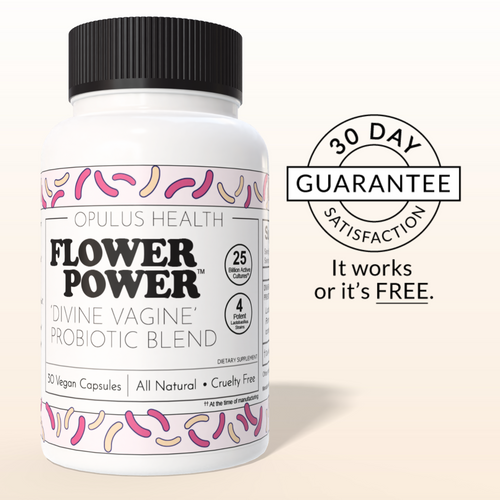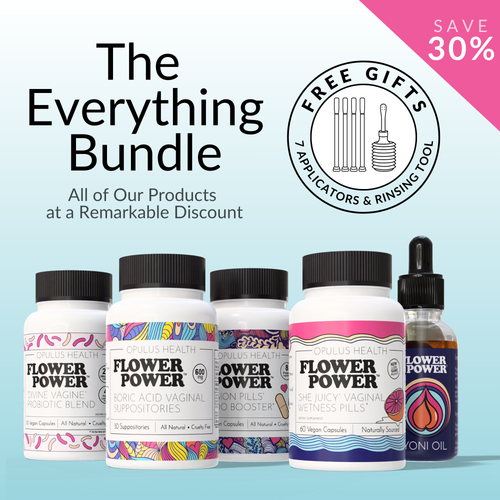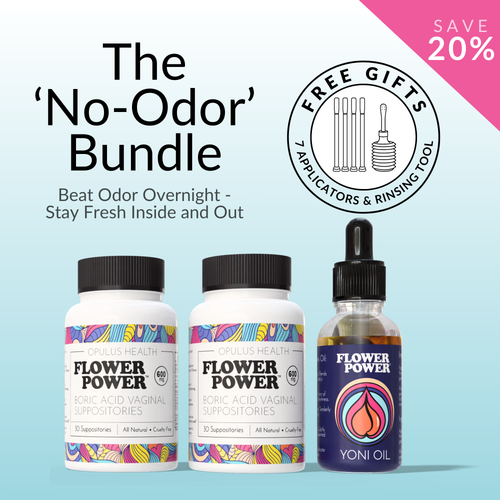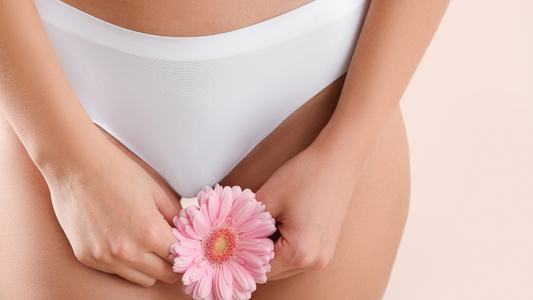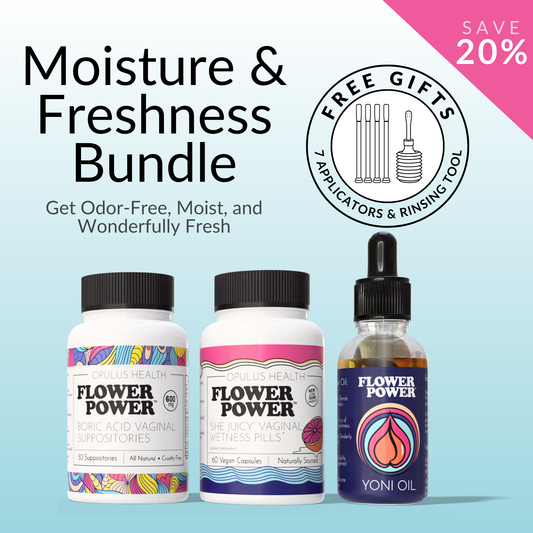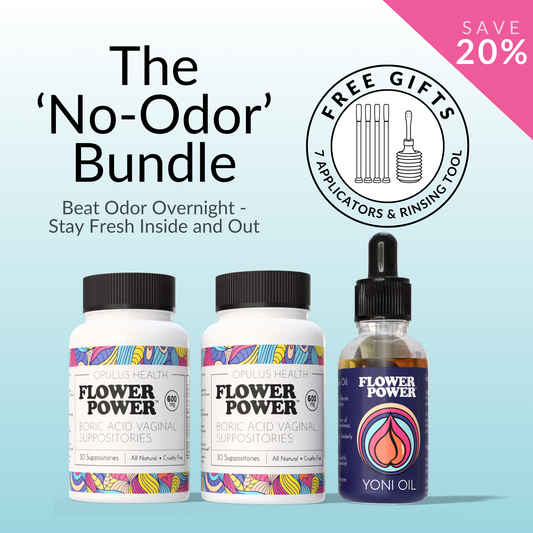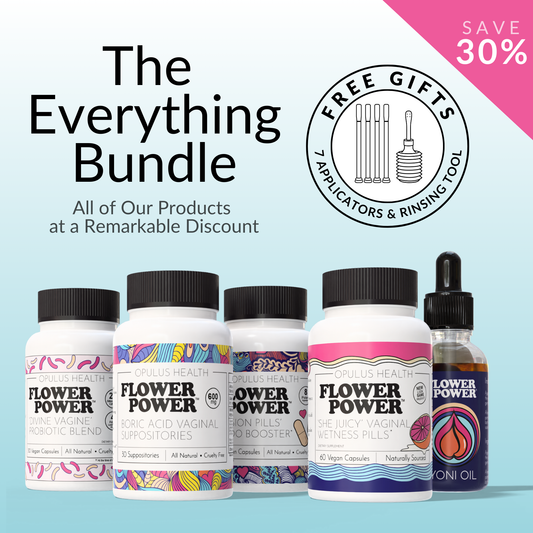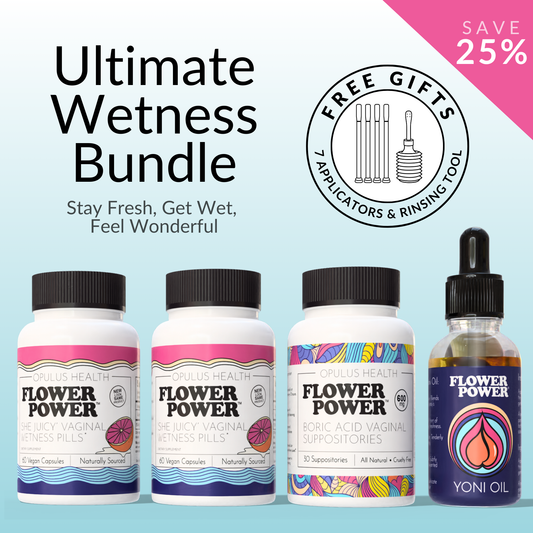Vaginal dryness not only causes discomfort during daily life and intimacy but can also impact sexual satisfaction and overall vaginal health. This is where vaginal lubricants come into play. Vaginal lubricants are products designed to supplement the natural moisture of the vagina, easing friction, improving comfort, and enhancing sexual experiences.
In this guide, we’ll explore the different types of vaginal lubricants, their benefits and drawbacks, how to choose the right one for your needs, and tips for safe and effective use. By understanding the options available, you can make informed decisions to maintain optimal vaginal health and comfort.
What Are Vaginal Lubricants?
Vaginal lubricants are products designed to reduce friction during sexual activity or relieve vaginal dryness. While the vagina naturally produces lubrication, factors such as hormonal fluctuations, menopause, medications, stress, and lifestyle habits can affect this process.
There are two main forms of lubrication: natural (produced by the vaginal mucosa) and supplemental (provided by external products). Supplemental lubrication is especially helpful for women experiencing dryness due to hormonal changes, medical treatments, or other factors.
Types of Vaginal Lubricants
1. Water-Based Lubricants
Water-based lubricants are the most common type and are widely available. They are compatible with condoms, sex toys, and sensitive skin.
Benefits:
-
Non-staining and easy to wash off
-
Safe for sensitive skin
-
Widely available in various formulations (flavored, organic, or hypoallergenic)
Limitations:
-
Can dry out faster than silicone or oil-based lubricants
-
May require reapplication during prolonged sexual activity
2. Silicone-Based Lubricants
Silicone-based lubricants are longer-lasting and provide a smooth, silky texture. They are water-resistant, making them ideal for sexual activity in water or longer sessions.
Benefits:
-
Extremely long-lasting
-
Ideal for water play or extended sexual activity
-
Generally hypoallergenic
Limitations:
-
Not compatible with silicone sex toys
-
Can stain fabrics
3. Oil-Based Lubricants
Oil-based lubricants include natural oils (like coconut or almond) or commercial blends.
Benefits:
-
Highly moisturizing
-
Smooth texture and long-lasting
-
May improve tissue hydration temporarily
Limitations:
-
Can weaken latex condoms, increasing the risk of breakage
-
Overuse may lead to yeast infections or bacterial imbalance
-
Can stain fabrics
4. Hybrid or Combo Lubricants
Hybrid lubricants combine water and silicone for balanced performance. They aim to deliver the longevity of silicone with the easy cleanup of water-based products.
Benefits:
-
Balanced performance
-
Longer-lasting than pure water-based options
-
Less sticky than pure silicone
How to Choose the Right Vaginal Lubricant
Selecting the best vaginal lubricant depends on your personal needs, preferences, and any sensitivities. Consider the following factors:
1. Skin Sensitivity: If you have sensitive skin, choose hypoallergenic and fragrance-free lubricants. These options reduce the risk of irritation, burning, or allergic reactions.
2. Type of Sexual Activity: For condom use, water-based lubricants are ideal as they are safe with latex. For longer sessions or activities requiring extended lubrication, silicone-based or hybrid formulas provide more lasting comfort.
3. Desired Duration of Lubrication: Short-term relief can be achieved with water-based lubricants, while silicone or hybrid lubricants are better for prolonged lubrication, minimizing the need for reapplication.
4. Ingredients to Avoid: Avoid products containing glycerin, parabens, or artificial fragrances if you are prone to irritation or recurrent infections. Natural, pH-balanced formulas are generally safer and support vaginal health.
Tip: Always test a small amount of any new product before full use, and consult a healthcare provider if you experience persistent dryness or discomfort.
Natural Alternatives to Commercial Lubricants
For women seeking gentle, chemical-free options, several natural substances can support internal or external vaginal hydration.
Aloe Vera Gel
Aloe vera is well-known for its soothing and moisturizing properties. Its natural, water-rich composition helps relieve dryness and irritation while supporting tissue comfort. Choose pure, unscented aloe vera gel to minimize the risk of sensitivity.
Coconut Oil
Coconut oil provides long-lasting lubrication and can enhance comfort during intimacy. Its natural antimicrobial properties may also support vaginal health. Important: Do not use coconut oil with latex condoms, as it can weaken the material and increase the risk of breakage.
Vitamin E Oil
Vitamin E oil nourishes vaginal tissues and may help reduce inflammation or irritation. Its antioxidant properties support overall mucosal health, making it a gentle option for occasional dryness.
Usage Tips
Always perform a patch test before applying any natural product to sensitive areas to ensure there’s no reaction. For persistent dryness, discomfort, or irritation, consult a gynecologist to rule out underlying causes and receive personalized guidance.
5 Tips for Maximizing Vaginal Lubricant Benefits
-
Stay Hydrated: Drinking plenty of water is essential for maintaining natural vaginal lubrication. Adequate hydration helps support mucosal health, improves tissue elasticity, and enhances the effectiveness of both internal and external lubricants.
-
Maintain a Nutrient-Rich Diet: A balanced diet rich in omega-3 fatty acids, vitamins C and E, zinc, and essential amino acids nourishes vaginal tissues from within. These nutrients support mucosal integrity, promote natural lubrication, and can improve overall sexual comfort.
-
Practice Gentle Hygiene: Avoid harsh soaps, scented products, and douching, which can disrupt the vaginal microbiome and irritate sensitive tissues. Gentle cleansing with water or mild, pH-balanced cleansers helps maintain a healthy environment for lubrication.
-
Wear Breathable Clothing: Choose cotton underwear and loose-fitting clothes to reduce friction, prevent excessive moisture loss, and minimize irritation. Breathable fabrics help maintain optimal vaginal health and comfort throughout the day.
-
Combine Internal and External Products: For best results, consider using both internal and external products. Internal supplements, like hormone-free mucosal boosters, provide long-term hydration from within, while external lubricants or creams offer immediate relief during sexual activity or moments of dryness. Together, they maximize comfort, protection, and sexual satisfaction.
Frequently Asked Questions (FAQs)
What is the best vaginal lubricant for sensitive skin?
For sensitive skin, water-based and silicone-based lubricants are generally the safest choices. Look for products labeled hypoallergenic, free from fragrances, parabens, and glycerin, which can irritate delicate tissues. Testing a small amount before regular use is also recommended to ensure tolerance.
Can lubricants help with menopause-related vaginal dryness?
Absolutely. Both internal and external lubricants, combined with hormone-free supplements, can alleviate dryness caused by declining estrogen levels during menopause. These products provide immediate comfort and support long-term mucosal hydration, helping improve sexual satisfaction and overall vaginal health.
Are silicone-based lubricants safe to use with sex toys?
Silicone-based lubricants may degrade or damage silicone sex toys. To ensure safety, opt for water-based or hybrid lubricants when using silicone toys. Always read the manufacturer’s instructions for compatibility and consider cleaning toys thoroughly after use.
Can natural oils be used safely as vaginal lubricants?
Natural oils, such as coconut or almond oil, can be effective lubricants for short-term relief. However, they should not be used with latex condoms, as they can increase the risk of breakage. Oils may also affect vaginal pH if overused, so moderation and hygiene are essential.
How often should I use vaginal lubricants?
Lubricants should be used as needed—during sexual activity, intimate moments, or for relief from dryness. For women experiencing chronic dryness, combining topical lubricants with internal hydration supplements can help maintain consistent vaginal moisture over time.
Do lubricants affect vaginal pH or increase the risk of infection?
High-quality, pH-balanced lubricants are generally safe and do not disrupt the natural vaginal environment. Poor-quality products or overuse of certain oils or fragranced lubricants can alter pH and increase the risk of irritation or infection. Always choose products formulated to support vaginal health.
Can lubricants improve sexual pleasure beyond relieving dryness?
Yes. By reducing friction and enhancing comfort, lubricants can increase arousal, improve sexual sensation, and make intimate experiences more enjoyable. Selecting the right type for your needs can enhance both physical and emotional satisfaction.
Finding the Right Lubricant for Your Needs
Vaginal lubricants are an essential tool for maintaining comfort, enhancing sexual pleasure, and supporting vaginal health. Choosing the right type—water-based, silicone-based, oil-based, or hybrid—depends on your needs, lifestyle, and sensitivity. By combining proper product selection with hydration, diet, and gentle hygiene, you can maintain optimal lubrication naturally.
For persistent dryness, consider hormone-free supplements like She Juicy to support internal hydration. Always consult your healthcare provider for personalized advice and explore safe, natural options to maximize comfort and sexual satisfaction.

